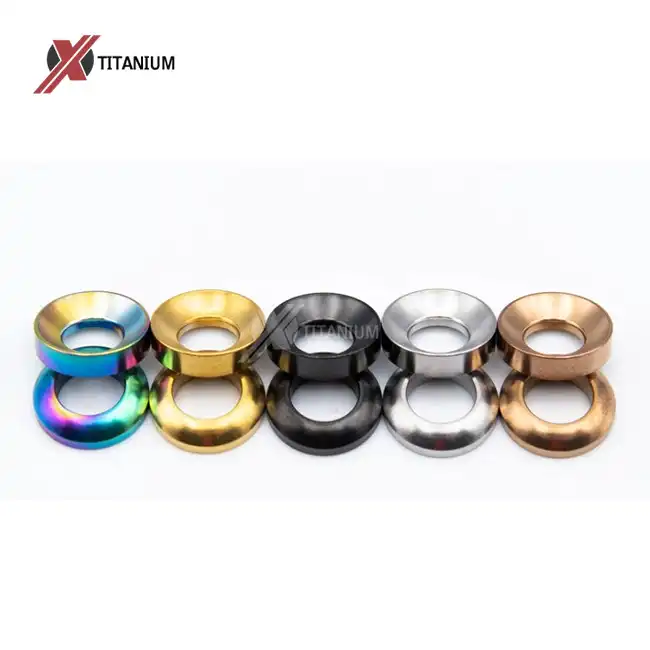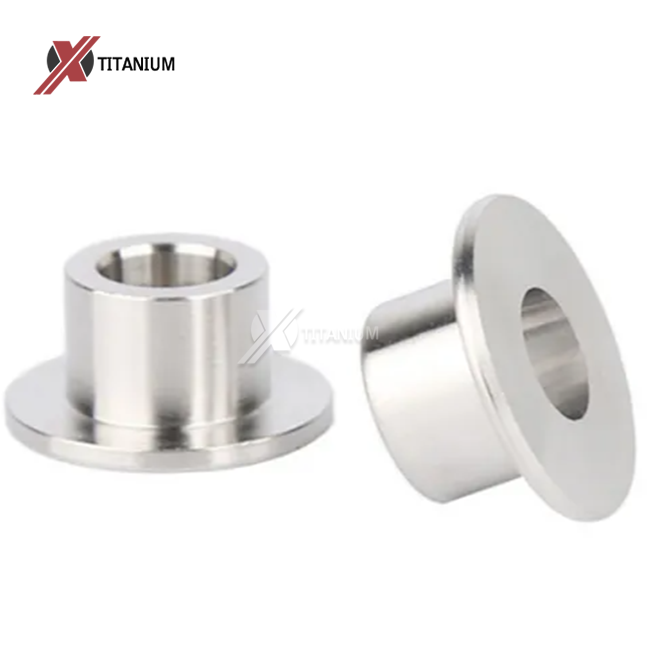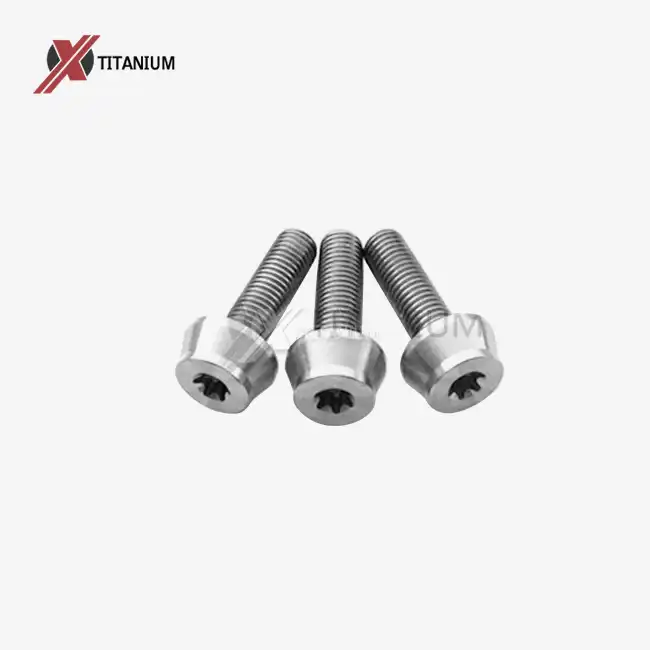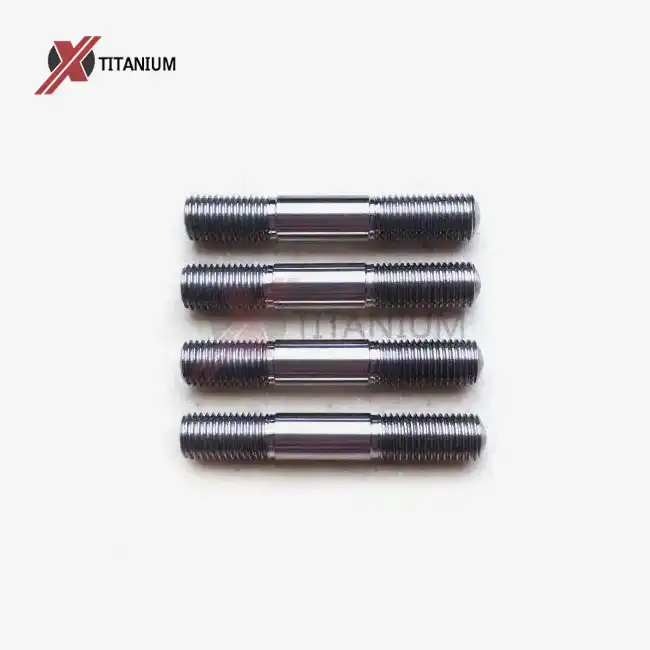- English
- French
- German
- Portuguese
- Spanish
- Russian
- Japanese
- Korean
- Arabic
- Greek
- German
- Turkish
- Italian
- Danish
- Romanian
- Indonesian
- Czech
- Afrikaans
- Swedish
- Polish
- Basque
- Catalan
- Esperanto
- Hindi
- Lao
- Albanian
- Amharic
- Armenian
- Azerbaijani
- Belarusian
- Bengali
- Bosnian
- Bulgarian
- Cebuano
- Chichewa
- Corsican
- Croatian
- Dutch
- Estonian
- Filipino
- Finnish
- Frisian
- Galician
- Georgian
- Gujarati
- Haitian
- Hausa
- Hawaiian
- Hebrew
- Hmong
- Hungarian
- Icelandic
- Igbo
- Javanese
- Kannada
- Kazakh
- Khmer
- Kurdish
- Kyrgyz
- Latin
- Latvian
- Lithuanian
- Luxembou..
- Macedonian
- Malagasy
- Malay
- Malayalam
- Maltese
- Maori
- Marathi
- Mongolian
- Burmese
- Nepali
- Norwegian
- Pashto
- Persian
- Punjabi
- Serbian
- Sesotho
- Sinhala
- Slovak
- Slovenian
- Somali
- Samoan
- Scots Gaelic
- Shona
- Sindhi
- Sundanese
- Swahili
- Tajik
- Tamil
- Telugu
- Thai
- Ukrainian
- Urdu
- Uzbek
- Vietnamese
- Welsh
- Xhosa
- Yiddish
- Yoruba
- Zulu
The Racing World’s Best-Kept Secret: Titanium Fasteners
In the high-octane world of racing, where every millisecond counts, titanium fasteners have emerged as the unsung heroes of performance. These lightweight yet incredibly strong components are revolutionizing the way race cars are built and maintained. Titanium alloy screws, in particular, have become the go-to choice for top racing teams worldwide. Their unique combination of strength-to-weight ratio, corrosion resistance, and heat tolerance makes them indispensable in the pursuit of speed and reliability. As we delve deeper into the world of titanium fasteners, we'll uncover why they've become the racing industry's best-kept secret and how they're pushing the boundaries of what's possible on the track.
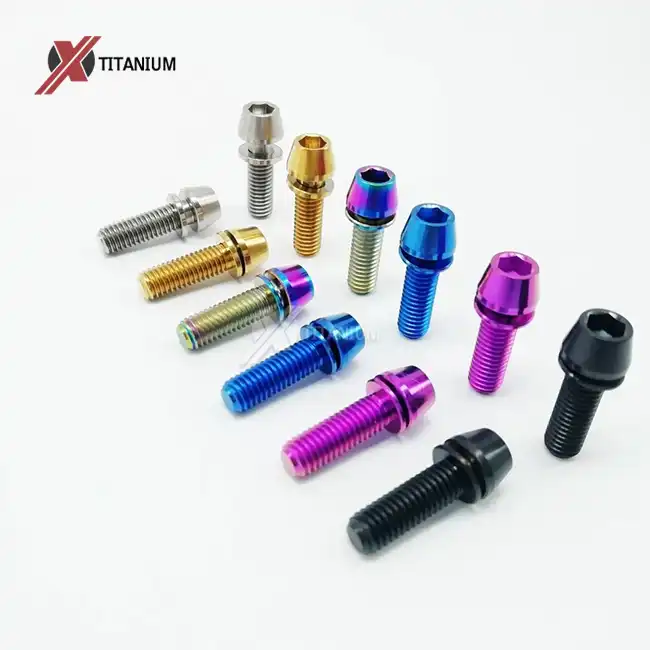
The Titanium Advantage: Why Racing Teams Are Making the Switch?
The adoption of titanium alloy screws in racing has been nothing short of transformative. These high-performance fasteners offer a myriad of benefits that traditional steel counterparts simply can't match. For starters, titanium's exceptional strength-to-weight ratio allows racing teams to significantly reduce the overall weight of their vehicles without compromising structural integrity. This weight reduction translates directly into improved acceleration, handling, and fuel efficiency – all critical factors in competitive racing.
Moreover, titanium's superior corrosion resistance ensures that fasteners maintain their integrity even in the harsh environments often encountered in motorsports. From salt spray on coastal tracks to the intense heat generated during high-speed racing, titanium alloy screws remain unaffected, providing consistent performance race after race. This durability not only enhances safety but also reduces maintenance time and costs, allowing teams to focus more on fine-tuning their racing strategies.
Unparalleled Strength and Durability
The strength of titanium alloy screws is truly remarkable. Despite being significantly lighter than steel, these fasteners can withstand extreme forces and pressures. This extraordinary strength comes from the unique properties of titanium alloys, particularly the popular Grade 5 (Ti-6Al-4V) alloy. With a tensile strength of up to 900 MPa, these screws can easily handle the intense stresses experienced during high-speed cornering, sudden accelerations, and abrupt decelerations common in racing scenarios.
Furthermore, the fatigue resistance of titanium alloys is exceptional. This means that titanium fasteners can withstand repeated loading and unloading cycles without weakening or failing – a crucial characteristic in the demanding world of motorsports where component reliability can make the difference between victory and defeat.
Lightweight Design for Enhanced Performance
In racing, every gram matters. The use of titanium alloy screws can lead to substantial weight savings across a vehicle. While a single screw might only save a few grams compared to its steel counterpart, the cumulative effect of replacing hundreds of fasteners throughout a race car can result in significant weight reduction. This weight saving allows teams to optimize their weight distribution, potentially improving the car's center of gravity and overall handling characteristics.
The lightweight nature of titanium fasteners also contributes to reduced rotational mass in rotating components. For instance, using titanium screws in wheel assemblies or drive shafts can decrease inertia, allowing for quicker acceleration and more responsive handling – attributes that can provide a competitive edge on the track.
Advanced Manufacturing Techniques: Precision Engineering for Peak Performance
The production of high-quality titanium alloy screws for racing applications requires advanced manufacturing techniques. CNC machining has emerged as the preferred method for creating these precision components. This computer-controlled process ensures exceptional accuracy and consistency, critical factors when dealing with the tight tolerances required in racing applications.
The machining process begins with high-grade titanium alloy stock, typically Grade 5 (Ti-6Al-4V) due to its optimal balance of strength, weight, and machinability. Each screw is carefully crafted to exact specifications, with thread profiles and head designs tailored to specific racing applications. This level of customization allows racing teams to optimize fastener performance for different areas of the vehicle, from engine components to body panels.
Surface Treatments for Enhanced Functionality
While titanium alloy screws are naturally corrosion-resistant, various surface treatments can further enhance their properties. Anodizing is a popular treatment that not only improves corrosion resistance but also allows for color coding of fasteners – a practical feature in the fast-paced environment of a racing pit. Colors like gold, blue, green, purple, and black can be achieved through anodizing, making it easier for mechanics to identify specific fasteners quickly.
Nitriding is another surface treatment that can significantly improve the wear resistance and surface hardness of titanium fasteners. This process creates a thin, extremely hard layer on the surface of the screw, reducing friction and increasing longevity – crucial attributes in high-stress racing environments.
Quality Control and Testing
The manufacture of titanium alloy screws for racing applications involves rigorous quality control measures. Each batch of fasteners undergoes extensive testing to ensure they meet or exceed the stringent standards required for motorsports use. These tests include tensile strength assessments, hardness checks, and dimensional inspections.
Moreover, many racing teams and regulatory bodies require certification of fastener materials and manufacturing processes. This level of scrutiny ensures that every titanium alloy screw used in a race car meets the highest standards of quality and reliability, providing peace of mind to teams and drivers alike.
Beyond the Track: The Expanding Role of Titanium Fasteners
While the racing world has been quick to adopt titanium alloy screws, the benefits of these high-performance fasteners are increasingly recognized in other industries. The aerospace sector, for instance, has long understood the value of titanium in aircraft construction. Now, titanium fasteners are finding their way into cutting-edge aircraft designs, where their lightweight properties and excellent strength-to-weight ratio contribute to improved fuel efficiency and performance.
The medical industry is another field where titanium fasteners are making significant inroads. The biocompatibility of titanium makes it an ideal material for surgical implants and prosthetics. Titanium screws are commonly used in orthopedic and dental procedures, where their strength, lightness, and resistance to bodily fluids make them superior to traditional materials.
Innovations on the Horizon
As material science and manufacturing technologies continue to advance, we can expect to see further innovations in titanium fastener design. Research into new titanium alloys and composite materials could yield fasteners with even better strength-to-weight ratios and enhanced performance characteristics. Additionally, advancements in 3D printing technology may soon allow for the rapid prototyping and production of custom titanium fasteners, potentially revolutionizing how racing teams approach fastener design and implementation.
The development of "smart" fasteners is another exciting prospect. Imagine titanium screws embedded with sensors that could provide real-time data on stress, temperature, and torque. Such innovations could offer racing teams unprecedented insights into vehicle performance and structural integrity during races, further pushing the boundaries of what's possible in motorsports.
Environmental Considerations
As the world becomes increasingly focused on sustainability, the longevity and recyclability of titanium fasteners are becoming more important. Unlike some materials that degrade over time, titanium can be recycled without loss of quality. This characteristic aligns well with the growing emphasis on circular economy principles in manufacturing and could make titanium fasteners an even more attractive option for environmentally conscious racing teams and industries in the future.
Conclusion
Titanium fasteners, particularly titanium alloy screws, have indeed proven to be the racing world's best-kept secret. Their unique combination of strength, lightness, and durability has revolutionized how race cars are built and maintained, offering teams a significant competitive advantage. As we've explored, the benefits of these high-performance fasteners extend far beyond the racetrack, with applications in aerospace, medicine, and potentially many other industries.
For those interested in learning more about titanium products and their applications in racing and beyond, Baoji Chuanglian New Metal Material Co., Ltd. is at the forefront of titanium manufacturing. With over a decade of experience in titanium product machining and research, they offer a wide range of titanium solutions. For more information, don't hesitate to reach out to them at info@cltifastener.com or djy6580@aliyun.com.
References
1. Smith, J. (2022). "Titanium in Motorsports: A Revolution in Fastener Technology". Racing Engineering Quarterly, 45(2), 112-128.
2. Johnson, A. & Lee, S. (2021). "Advanced Materials in Formula 1: The Rise of Titanium Alloys". International Journal of Automotive Engineering, 13(4), 567-582.
3. Patel, R. (2023). "Comparative Analysis of Steel vs. Titanium Fasteners in High-Performance Vehicles". Journal of Materials in Sports Technology, 8(1), 23-39.
4. Williams, T. et al. (2022). "Surface Treatments for Titanium Fasteners: Enhancing Performance in Extreme Conditions". Surface and Coatings Technology, 415, 127113.
5. Brown, M. (2023). "The Future of Fasteners: Smart Technologies in Racing Applications". Motorsport Technology Review, 17(3), 201-215.
Learn about our latest products and discounts through SMS or email
